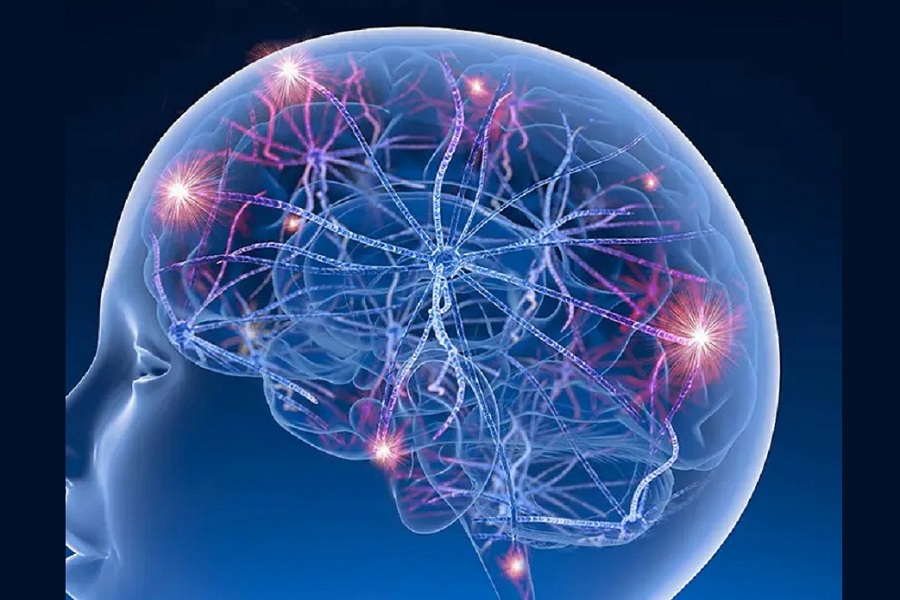The Link Between Mental Health and Physical Wellness: How They Influence Each Other

In today’s fast-paced world, the connection between mental health and physical wellness is often underestimated. Many people focus solely on one aspect of their health while neglecting the other. However, mental health and physical wellness are deeply interconnected, influencing each other in profound ways. A healthy mind fosters a healthy body, and a healthy body supports a positive mental state.
Understanding the Connection
Mental health refers to emotional, psychological, and social well-being. It affects how we think, feel, and behave, and plays a crucial role in how we handle stress, relate to others, and make choices. Physical wellness, on the other hand, includes the overall condition of the body, physical fitness, and the absence of disease.
The mind-body connection refers to how mental states can affect physical health and vice versa. For instance, chronic stress, anxiety, and depression can have significant negative impacts on physical health, while physical activity, nutrition, and sleep are foundational to maintaining mental well-being.
How Mental Health Impacts Physical Health
*Chronic Stress and Its Physical Effects: Chronic stress is one of the most significant mental health challenges people face today. The body responds to stress by releasing hormones such as cortisol and adrenaline. While this response can be helpful in short-term situations, prolonged stress can lead to several physical problems, such as high blood pressure, weakened immune function, digestive issues, and cardiovascular diseases.
*Mental Illness and Physical Symptoms: Conditions like depression and anxiety can manifest physically. People with depression often experience fatigue, body aches, headaches, and gastrointestinal issues. Anxiety can lead to muscle tension, heart palpitations, and even panic attacks. The physical symptoms of mental illness highlight how the mind can have a direct impact on the body’s health.
*The Immune System Connection: Mental health also plays a role in how well the body can fight off illness. People with chronic mental health conditions, such as depression, often have weakened immune systems, making them more susceptible to infections and diseases.
How Physical Wellness Affects Mental Health
*Exercise as a Mood Booster: Regular physical activity is one of the best ways to maintain both physical and mental health. Exercise stimulates the release of endorphins, which are chemicals in the brain that act as natural painkillers and mood elevators. Regular physical activity can reduce symptoms of depression and anxiety, improve sleep, and increase overall energy levels.
*The Role of Nutrition: A well-balanced diet is essential for optimal brain function. Nutrients such as omega-3 fatty acids, vitamins, and minerals support mental clarity, memory, and mood regulation. A poor diet, particularly one high in sugar and unhealthy fats, can negatively affect brain health and contribute to conditions like depression and anxiety.
*Sleep and Its Importance: Adequate sleep is crucial for both mental and physical wellness. Poor sleep can lead to irritability, stress, and difficulty concentrating, which can exacerbate mental health issues. On the flip side, mental health conditions like anxiety or depression can disrupt sleep patterns, creating a vicious cycle. Ensuring that you get enough rest each night is essential for maintaining both physical and mental health.
*The Power of Relaxation: Activities such as yoga, deep breathing exercises, and meditation promote relaxation and help reduce stress. These practices not only improve mental clarity and emotional regulation but also reduce physical symptoms of stress, such as muscle tension and high blood pressure.
Achieving Balance: Tips for Mental and Physical Well-Being
*Practice Regular Exercise: Aim for at least 30 minutes of moderate activity each day, whether it's walking, cycling, or yoga. Exercise is beneficial for both mental and physical health.
*Prioritize Sleep: Aim for 7-9 hours of sleep each night. Sleep allows the body to recover and repair itself and is essential for cognitive function.
*Mindfulness and Stress Reduction: Incorporate mindfulness practices like meditation or deep breathing exercises into your daily routine to reduce stress and improve emotional regulation.
*Nutrition: Eat a balanced diet rich in fruits, vegetables, lean proteins, and whole grains to support both your body and mind.
*Stay Socially Connected: Socializing and building strong support networks help alleviate feelings of isolation and provide emotional support, which can benefit your mental health.
Conclusion
The link between mental health and physical wellness is undeniable. By recognizing and nurturing both aspects of our health, we can lead a more balanced and fulfilling life. Physical wellness is not just about exercise and diet, while mental health is more than managing stress or seeking therapy. Together, they form the foundation of our overall well-being. Taking care of both our minds and bodies leads to a healthier, more resilient life.
























